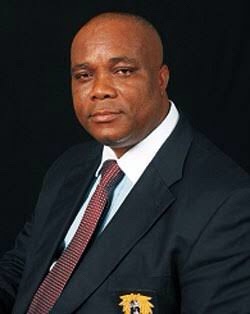The historic passage of the Bill was pursuant to the 9th Assembly’s Legislative Agenda co-driven by Rt Hon Henry Nwawuba, as House Committee Chairman on 9th Assembly Legislative Agenda.
This is according to a release signed by Egejuru Austin, the SA Media to Rt Hon Henry Nwawuba and made available to newsmen in Owerri,yesterday.
The release reads,”The passage of the Bill heralds a paradigm shift from a no law oil industry, to an industry robustly regulated by a legal framework.
The Bill is aimed at regulating and developing a set of framework that will govern upstream operations and also open up midstream and downstream sector to a stable and competitive environment for optimal investment and production.
The PIB provides for 2 tier regulatory framework. In NNPC for instance, there shall be the Commission and the Authority. Some government agencies like the DPR will be part of the Commission doing regulatory works. In Authority, there shall be NNPC PLC, which will become a private company to be manage by a Board. The two structures shall provide effective regulation to ensure that investments are managed in the best interest of the country, the stakeholders, and the host communities.
The PIB is tailored to operate in a deregulated oil market. There will be no provision for Petroleum Equalization Fund, neither will it sustain the current subsidy regime. Market forces are expected to play out to determine the right prices of petroleum products.
The Bill provides for the creation of Host Community Trust Fund to be funded with 5% of Oil Company’s Operating Expenses (OPEX). The intention of the Bill is to end the circle of handing out development projects to Host Communities. Instead, host communities are to determine what they want, and how they want it. Members of the Fund shall be appointed by the host communities.
The Bill seeks to use oil to get Nigeria out of oil economy. This will be done by diversifying the economy through the creation of values for other byproducts of crude, such as fertilizer, petrochemical etc.
The newly passed PIB is different from the PIB passed in the 8th Assembly that was not accented to by Mr President. The later was a Private Member Bill, while the former an Executive Bill. All reasons adduced by the President why the later bill was not accented to was harmonized and addressed in the new bill. To this end, there is a high degree of possibility that the new PIB will accented to by Mr President. Otherwise, NASS will be left with option than to veto Mr President.
The new PIB is subject to amendment should there be observable defects in the Bill during implementation”.









